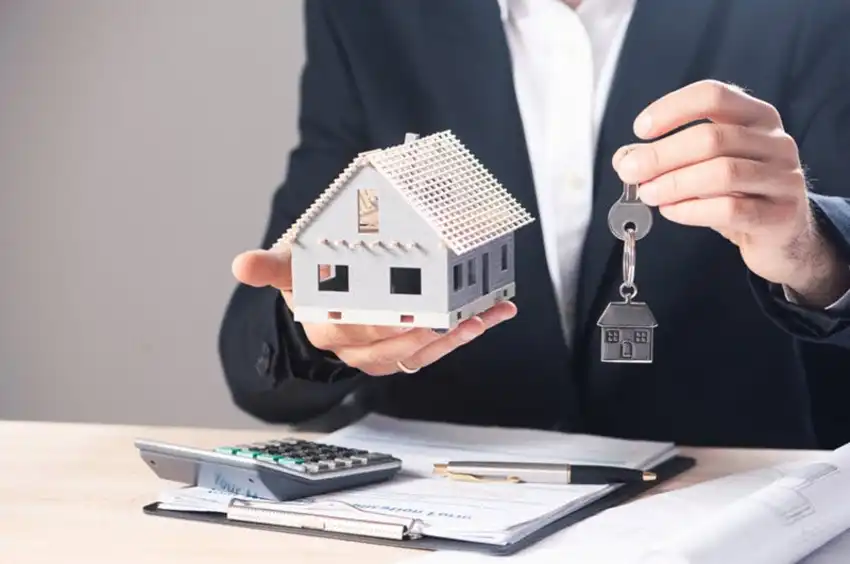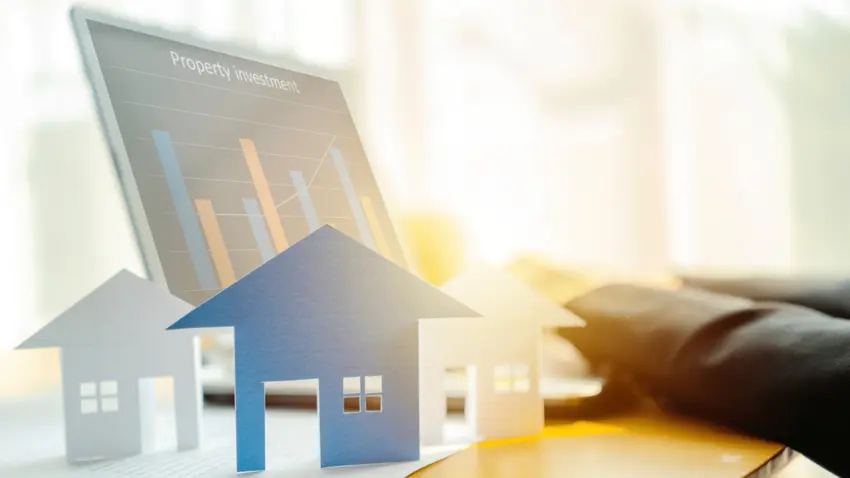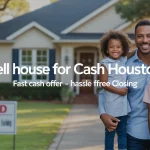Wholesale real estate has become a popular entry point for aspiring investors looking to build wealth without significant capital. Whether you’re a beginner or just exploring real estate opportunities, understanding how real estate wholesaling works can open the door to fast profits and long-term growth.
In this guide, we’ll break down everything you need to know—what wholesale real estate is, how it works, and why it’s an effective strategy in today’s market.

Content
Key Takeaways
- Wholesale real estate is a low-risk investment strategy.
- It involves contracting properties and assigning those contracts to end buyers.
- You don’t need a real estate license to start wholesaling (in most states).
- Success depends on finding distressed properties and motivated sellers.
- You can begin with little to no capital by leveraging investor networks.
What Is Wholesale Real Estate?
Wholesale real estate is a strategy where an investor—known as the wholesaler—finds a discounted property, negotiates a contract with the seller, and then assigns the contract to another buyer, typically a house flipper or landlord. The wholesaler earns a profit through an assignment fee, which is the difference between the contract price and the buyer’s price.
It’s a fast-moving method ideal for beginners who want to get involved in real estate without purchasing or renovating a home.
Why Wholesale Real Estate Is a Smart Strategy
This model offers numerous advantages:

- Low capital requirements – You don’t purchase the property yourself.
- Quick profits – Deals often close in 30 days or less.
- Learning opportunity – A great way to understand the local market and build a network.
- Scalability – Once you have systems in place, it’s possible to scale quickly.
With more people seeking alternative income streams, real estate has become increasingly attractive.
Wholesale Real Estate Profit Example
Let’s say you find a property worth $160,000. The seller is motivated and agrees to a price of $120,000. You then locate a buyer who is willing to pay $135,000. You assign the contract and collect a $15,000 assignment fee—without ever owning the property.
Use tools like a profit calculator to help you estimate potential margins and screen deals.
Is Wholesale Real Estate Legal?
Yes, wholesaling is legal in most U.S. states. However, it’s important to understand local regulations:
- Some states require a real estate license to assign contracts legally.
- Disclosures may be necessary to stay compliant.
- It’s critical to use the correct real estate contracts and consult an attorney before scaling.
Always research your local laws to ensure you’re operating ethically and legally.
Wholesale Real Estate vs. Flipping Houses
These two strategies are often confused, but they’re very different:
| Feature | Wholesaling | House Flipping |
|---|---|---|
| Property Ownership | No | Yes |
| Capital Required | Low | High |
| Renovation Involvement | None | Extensive |
| Risk Level | Low | Higher |
| Time to Close | Fast | Months |
Wholesale real estate is essentially a marketing and negotiation game, while flipping requires renovation expertise and financing.
How to Get Started in Wholesale Real Estate
To launch your wholesaling business, follow these steps:

1. Learn the Local Market
Research neighborhoods, price trends, and types of distressed homes. Use tools like Zillow, Redfin, or PropStream.
2. Find Distressed Properties
Target motivated sellers and off-market deals. Use driving for dollars, direct mail, or cold calling to uncover leads.
3. Build a Buyer’s List
Develop relationships with real estate investors, flippers, and landlords. Your buyer’s list is essential for closing fast.
4. Negotiate a Purchase Agreement
Use a legally binding real estate contract to secure the deal under market value.
5. Assign the Contract
Sell the contract to your buyer using an assignment agreement, and collect your assignment fee at closing.
Wholesale Real Estate Contracts Explained
A standard wholesale contract includes:
- Property details
- Purchase price
- Assignment clause
- Contingency terms
- Closing date
This agreement gives you the right—not obligation—to purchase the property. When assigning, ensure your buyer signs a separate agreement acknowledging the assignment and fee.
Do You Need a Real Estate License to Wholesale?
Most states do not require a license if you’re selling the rights to a contract, not the property itself. However, if you’re marketing the property or doing multiple deals, it may trigger licensing requirements.

Benefits of getting licensed:
- Legitimizes your business
- Access to the MLS
- Ability to collect referral fees
Check your state’s real estate commission for guidance.
Where to Find Distressed Properties
Your wholesaling success depends on sourcing discounted homes. Try these methods:
- Driving for dollars – Scout neighborhoods for neglected homes.
- Direct mail marketing – Send letters to absentee owners or pre-foreclosures.
- Online lead generation – Facebook ads, SEO, and paid search.
- Networking – Connect with agents, contractors, and landlords.
Apps like Deal Machine and Prop Stream can streamline this process and organize leads in one place.
Common Wholesale Real Estate Terms
- Assignment fee – Profit earned from transferring a contract.
- ARV (After Repair Value) – Projected value after renovation.
- Distressed property – A home in poor condition or facing foreclosure.
- Motivated seller – A homeowner eager to sell fast.
- Double closing – Closing on a deal and selling it the same day (used when assignment isn’t ideal).
Learning these terms can help you sound more credible and communicate better with buyers and sellers.
Conclusion: Is Wholesale Real Estate Right for You?
Wholesale real estate offers a powerful entry point into the world of investing. With low startup costs, quick turnarounds, and the ability to learn the market from the ground up, it’s no surprise why many successful investors began as wholesalers.
If you’re eager to start your journey, focus on building a network, learning negotiation skills, and understanding your local laws. With persistence and the right tools, real estate wholesaling can become a profitable and scalable business model.
Frequently Asked Questions (FAQ)
Is wholesale real estate risky?
Yes, because you’re not taking out loans or buying the property.
How long does it take to close a deal?
With an active buyer list, most contracts close in 30 days or less.
What tools can help me wholesale?
Use tools like Deal Machine, REI Reply, and Podio for CRM and lead tracking.

With a passion for matching clients with their dream homes, Mary’s experience and knowledge of the real estate market make her a trusted advisor. She’s your go-to expert for buying or selling properties in the heart of the city.








